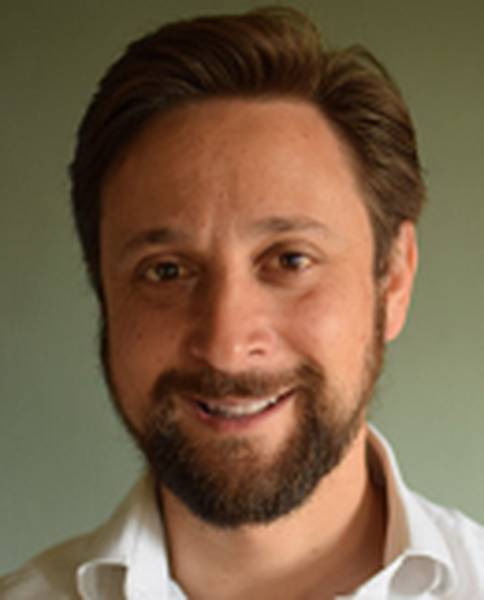The recent pace of innovation in healthcare is unprecedented. Rapid advances in many fields promise to disrupt current surgical care.
The recent “Future of Surgery” report, from the Royal College of Surgeons, considered the changes that are occurring and how they will impact on patients, surgeons and the health service over the next 20 years. The Commission identified four areas that will have the greatest impact:
- Minimally-invasive surgery
- Imaging, virtual reality and augmented reality
- Big data, genomics and artificial intelligence
- Specialised interventions (e.g. 3D bioprinting, nano-surgery, artificial organs)
The Healthcare Innovation and Technology course provides insight into these different areas of innovation and explores both the challenges and opportunities they provide. Students will develop an understanding of the innovation pathway and develop translatable skills in idea generation, needs analysis, evaluation of innovation, developing a business case and pitching it. Students will also explore the challenges to adapting to new innovations in their day to day practice.
The course is offered by the Nuffield Department of Surgical Science and Department for Continuing Education, the taught week is led by Mr Matthew Gardiner and Mr Ryan Kerstein.
The modest class size allows most sessions to be interactive. The week includes a visit to Intuitive and exposure to surgical robots and virtual reality simulation. During the week teams will put together a case for an innovation and finish the week with a pitching session and feedback. The groups will also explore aspects of coping with innovation and introducing innovations to the healthcare environment.
Tutors are available for mentoring and some offer topics for the main dissertation. The course is supported by a virtual learning environment with course material made available in advance.
The Healthcare Innovation and Technology course has a large faculty drawing on expertise from across academia, healthcare and business.
Previous Faculty have included (programme can vary)
- Anant Jani, working within the Nuffield Department of Primary Care Health Sciences
- Jim Gabriel, director of The Hill, which is an innovation catalyst, embedded within Oxford University Hospitals NHS Foundation Trust
- Katrina Mason, London Digital Pioneer Fellow. Her project involves the application and development of Artificial Intelligence (AI).
- Umar Taj, founder of Nudgeathon™,
- Jeremy Rodrigues, Associate Professor at the Warwick Clinical Trials unit and Consultant Hand and Plastic Surgeon at Stoke Mandeville Hospital, Buckinghamshire Healthcare NHS Trust.
- Jennifer Lane, NIHR Academic Clinical Lecturer at Barts
- Nick de Pennington, CEO and Founder of Ufonia - an Oxford start-up that is developing autonomous telemedicine.
- Constantin Coussios, OrganOx Co-Founder and Chief Technical Officer
- Rachel Grovenor, Assistant Licensing & Ventures Manager at OUI
- Michael Richard, heads Insight Surgery’s Engineering Department
- Megan Morys-Carter, Programme Director of The Hill


 Ryan Kerstein is a Consultant Plastic Surgeon and Associate Medical Director of Research and Innovation at Stoke Mandeville in Buckinghamshire, an NHS Clinician Entrepreneur Fellow and the Technology Editor and Writer for the Royal College of Surgeon (Eng) Bulletin journal.
Ryan Kerstein is a Consultant Plastic Surgeon and Associate Medical Director of Research and Innovation at Stoke Mandeville in Buckinghamshire, an NHS Clinician Entrepreneur Fellow and the Technology Editor and Writer for the Royal College of Surgeon (Eng) Bulletin journal.